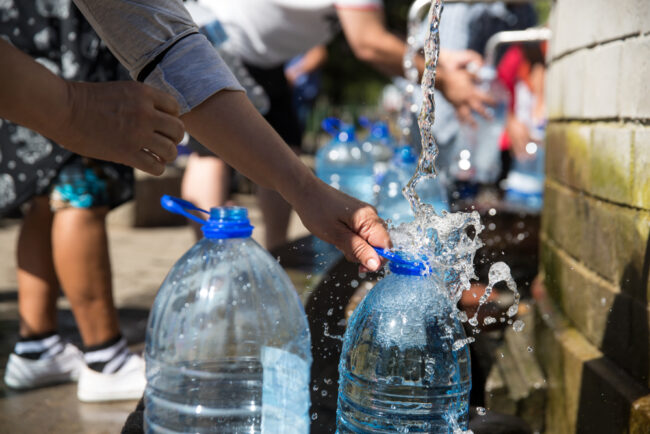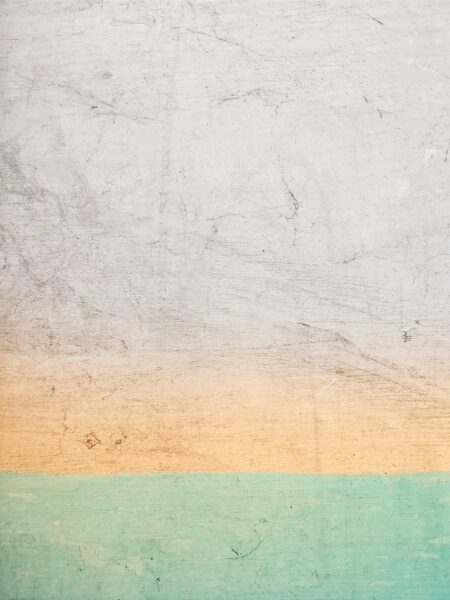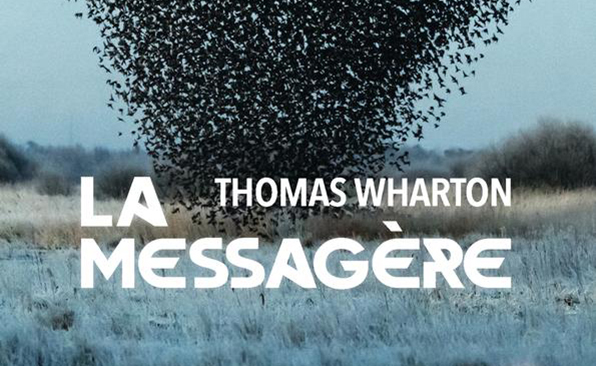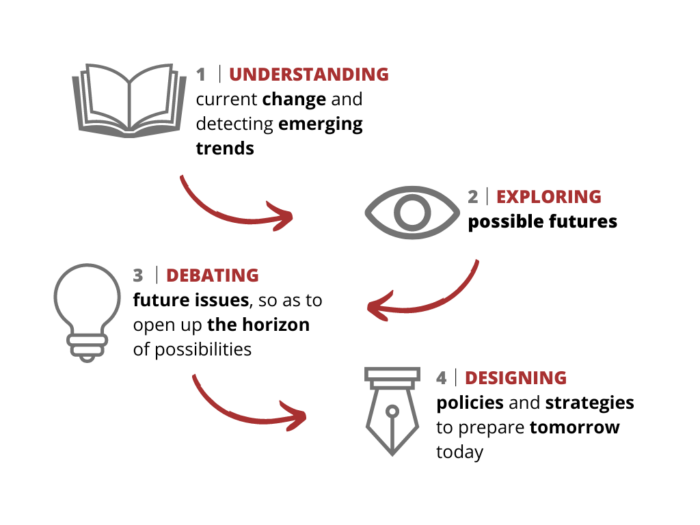“Water is life”, said Saint-Exupéry. No living being on the planet can survive without it. Yet more than two billion people have no access to clean drinking water, more than four billion have no sanitation, and millions of people across the world die every year from illnesses related to a lack of clean water, sanitation and hygiene. How can this be remedied? This article is written by a man who has devoted his entire career to that question since the time we became aware, towards the end of the post-war boom, of the spectacular deterioration in water quality (and, more generally, of our environment).
First, as the creator of a model which (in the wake of the first French act of parliament on water in 1964) inspired the establishment of river basin agencies, he was called on to manage one such agency, while being closely involved in all the international conferences and negotiations on water. We do not usually publish personal testimony in Futuribles, but what he tells us of the progress achieved after half a century of reassuring governmental declarations and international resolutions on sustainable development has much to teach us for the future.
He shows, first, what a major intervention the creation of these river basin agencies was in France — breaking as it did with centuries-old ways, going back to pre-revolutionary times — since they were granted exceptional autonomy to impose charges on the cubic metres of water abstracted and the pollution generated, in order to invest, in close consultation with the parties involved, in sanitation equipment and processes. He shows the advantages, but also the limitations of these agencies, without commenting to any great extent on their fate…
Pending the next World Water Forum in Dakar (2021), he then provides an account of the effort exerted at the international level to convince us of an obvious fact: we have to produce water, distribute it, purify waste water, protect the environment and secure public health — all things which require regulation and have a cost; which need taxes and charges, a long-term vision and an approach involving a great many actors. So many things, no doubt, that are equally necessary to achieve ecological transition! But, if these things are easier said than done, we should also note that constructive action is possible even where hope is absent.



